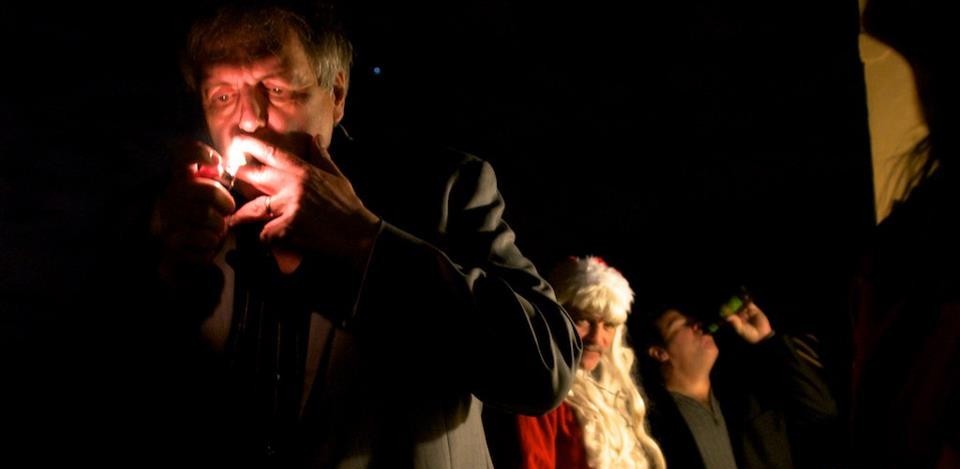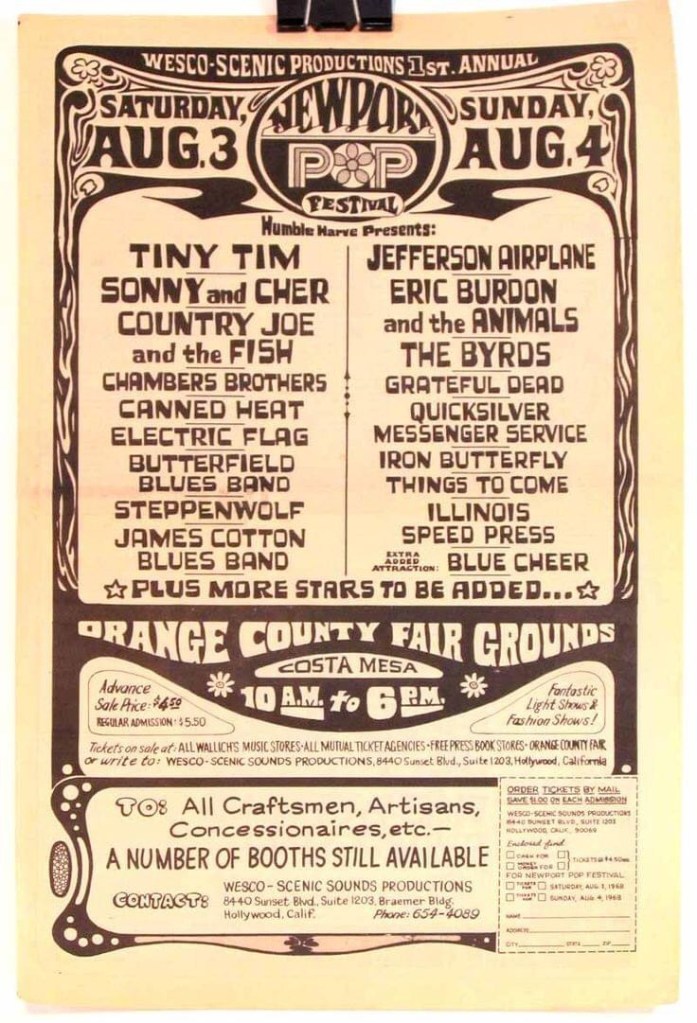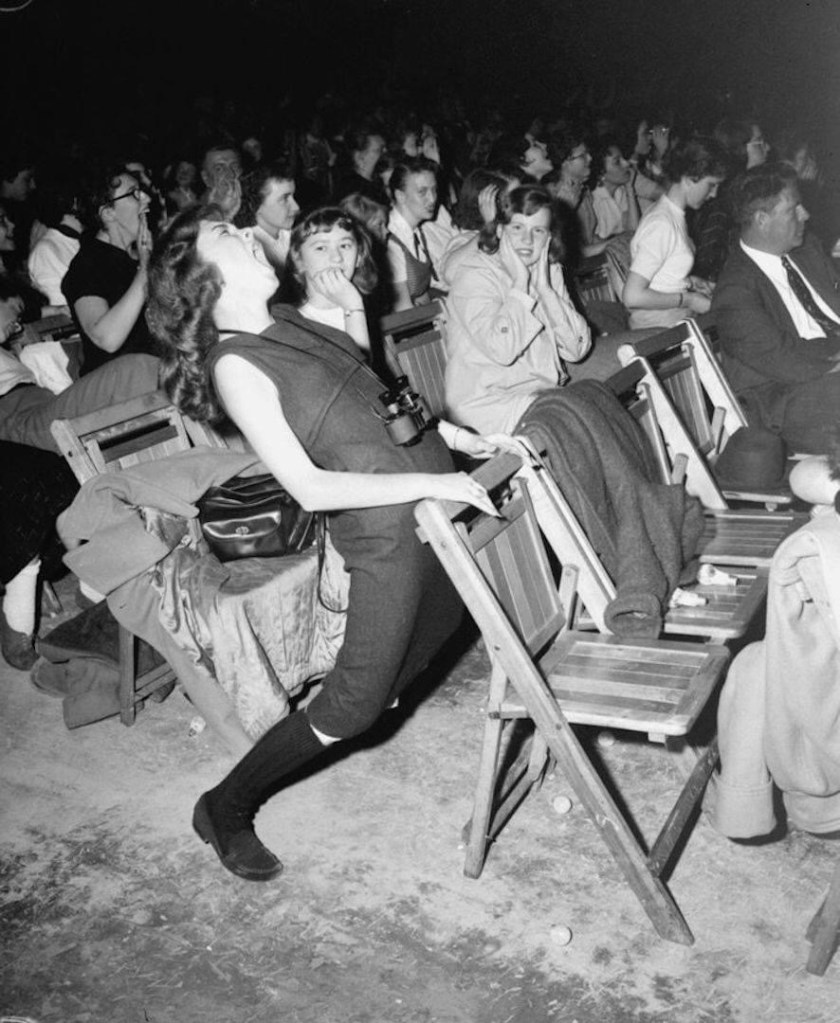Apparently David Bowie’s Thin White Duke phase, at its most warped and weird and disturbing, and amid mountains of the best quality cocaine, happened just down the street from here. I had always figured it was up in the Hollywood Hills. That’s what the story was, David Bowie going out of his mind up in the Hollywood Hills. Nope, it was here in my quiet neighborhood, on my quiet street, Waverly Drive, where Los Feliz and Silver Lake come together. He was staying at Glenn Hughes’ house. He of Deep Purple’s decline. Bowie decked out in Aryan pure white and Glenn in one of his heavy metal leisure suits, and neither sleeping ever. There was David, all his sensory inputs amplified, seeing spirits and demons and the ghosts of dead Nazis. He snorts another line and listens to the trains chug past down the Valley. Thoughts turn to twisted rock star madness, of Aleister Crowley, cocaine, witches, and cult murder. The return of the thin white duke. All is a swirl, every sense magnified, never sleeping, wide awake dreams. Women come, women go. The prettiest boys. Cocaine piled high as the mountains that loom inky black out of nothing when the night winds blow. Somehow he managed to find time to record Station to Station. Everyone has their own creative process.
(Originally posted as Thin White Duke in 2016)




